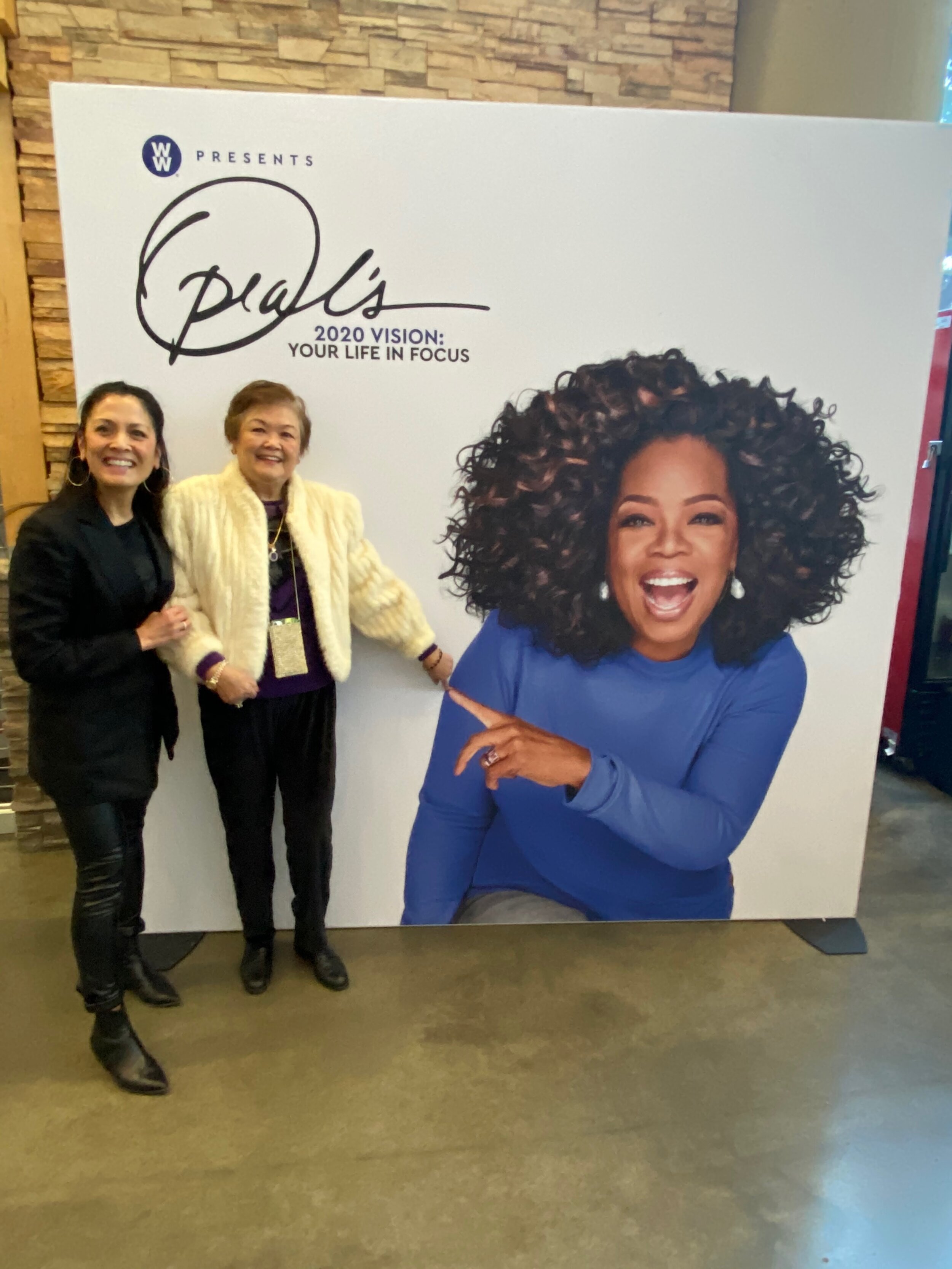Feedback Pinches
Photo Credit: Tiny Acorn
Last Fall, a group of five students from the Carlson Business School at the University of Minnesota asked if they could do their semester assignment about my company Thoughtful Pinch. The plan was for me to give them information about my start up and in turn, they would treat the information as a case study. I was both honored and hopeful. How cool is it that they chose my company? And my hope was that this group would give me a thoughtful pinch in the form of feedback, advice, detailed information and/or constructive criticism.
FEEDBACK - At the end of 2019, I got a lovely email from the group of business students. In a very nice way, they thanked me for my time and then wished me well. There was one attachment - a vision/traction organizer document. The organizer was a safe and very resourceful document with links for “how to’s”. There wasn’t anything negative on the document whatsoever. However, I knew that the students had some critical feedback and they were not sharing it with me for fear of hurting my feelings. Fortunately I know some people. Jiao is an entrepreneur professor at U of M and she introduced me to the group. {Side note: She is also responsible for getting me to move forward with my blog. } Jiao got her hands on a copy of the analysis that the group presented to their class as their assignment. After I read it, I was both energized and relieved that what they were afraid to tell me are all viable concerns. If I hadn’t read that analysis, my mind would have continued to think the worst. Their analysis of my business was an amazing thoughtful pinch because it did indeed contain feedback, advice, surveys and constructive criticism!!!
Photo Credit: @ninafrancine and @ninafrancinephoto on Instagram - www.ninafrancine.com
Feedback is one form of a Thoughtful Pinch but keep reading on for my view on other forms. Advice, surveys, constructive criticism and even conflict are all ways to show thoughtfulness too!
ADVICE - I’m almost finished reading the book Tiny Beautiful Things and although this is a letter-format collection of advice, the thoughtful responses are so well-written that I consider it art. Beautiful stories that contain heart felt truths and eloquent injections of street language and profanity make this book so relatable. Those who write letters to Dear Sugar, the main “character” of Tiny Beautiful Things, know that they may not want to hear what she advises but they send their letters in anyway. Eventually, the person who receives Dear Sugar’s advice has the opportunity to be a better version of themselves. Any of us who actively seek personal advice via phone conversations, therapy sessions, emails, group chats, texts, or in this case, letters to Dear Sugar, wants to hear what others think about our situation. There is a mutual understanding that if we are seeking advice, we have opened our minds to receive information. We want and need the opportunity to grow, to learn, to better ourselves. Advice is a thoughtful pinch, even if it sucks to hear it.
SURVEYS - Nowadays we can’t go anywhere or buy anything without a request to fill out a survey following the transaction. Most of us skip taking surveys which is why companies attach incentives to take them. But unless companies are giving away free minutes in a day, I could care less what incentive they offer. I was humbled when it was my turn to send out a survey after my GSD party last April. In addition to, “Please take time to fill out the survey.”, I wrote the following to my friends who were taking my survey:
'“…And if you do fill it out, please be super honest. You don’t have to spare my feelings because I’m NOT doing this as a little hobby. I need to determine if this is a viable business or not.”
Surveys gather specific information in order to improve. They create opportunities to change things, to fix problems, to see what is out of place, to see what is going well, to hear comments - bad or good, to collect data. In other words, surveys matter. The answers from my survey would be used to determine whether I should continue to host GSD parties or let the concept go. The information came back and it was split directly in the middle! Finding this out sooner rather than later was a HUGE blessing. I have put the parties on a back burner until I am ready to problem-solve and try again. This will save me energy, time and money while I figure things out. I’m grateful that my friends didn’t play the “polite, safe and keeping quiet” game with me when they filled out the survey. It would have been a financial loss for me had they decided to be nice and say that everything was great. Answering surveys honestly is a thoughtful pinch.
CONSTRUCTIVE CRITICISM - My hub was asked by a business owner to share his thoughts about their interview process. My hub gave a glowing review and decided not to give this owner any tips on how to improve the process. Not only did my hub skip giving any constructive criticism, he took full responsibility for the outcome of the interview! This is not uncommon; most of us do this daily. Here are two reasons why we avoid giving constructive criticism: 1. We don’t care enough about the other person to help them out. Why go thru the hassle of criticizing when it doesn’t involve us and we don’t even care what happens next? My thought is - if we say nothing or offer no criticism, we are contributing to the failure of the other person’s goal by being silent. It’s a lack of empathy. Or 2. It’s much easier and polite NOT to offer criticism or say anything constructive. Most of us want to live in a peaceful world so we avoid conflict at all costs. We would much rather keep our criticism to ourselves than to tell someone how we really feel because it’s awkward. We have a fear of conflict and/or we don’t want to be the pot stirrer. I think it’s a shame that criticism and conflict have to be viewed so negatively. Consider this: 1. If the person who is offering the constructive criticism has a kind heart and wants the best for us, shouldn’t we believe that conflict with us is not their goal? And 2. If a person wants the best for us but a conflict should arise, shouldn’t we consider the conflict as a gift because someone cared enough to say something? Constructive criticism and even conflict, although two every different things, are thoughtful pinches because the absence of either could mean that no one cares.
Pinches,
Barb





